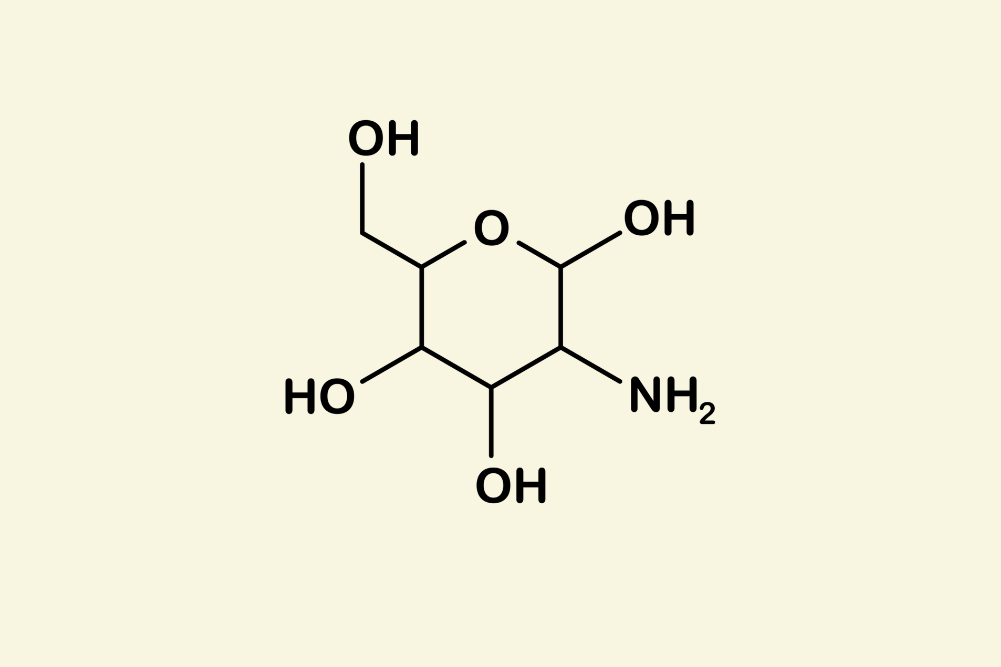How a healthy gut can boost your beauty
The gut/skin/health connection has gained momentum from the science community as studies continue to show the profound correlation between gut health and immune and skin health. The gut is where 70 per of your immune system lies and the nature of its resident bacteria plays a huge role in your digestive health: a predominance of beneficial flora helps keep your system, and therefore your health and skin, healthy and in balance.
However, the latest research shows it’s not only the bacteria in our digestive system that impacts greatly on our immune system; it’s also the nature of the microbes that live in the hair follicles and over the skin’s surface, and feed off our skin. As unglamorous as it sounds, harnessing the right type of bacteria on your skin may be the best investment you’ve ever made for your complexion and immune health.
Scientists have known for a while the profound impact pathogenic bacteria can have on the skin locally: people with atopic eczema have an increased number of bacteria on both affected and unaffected skin compared to those without eczema. This bacterial infestation is mainly due to Staphylococcal and Streptococcal species. Staphylococcus aureus is found in high concentrations in over 90 per cent of eczematous lesions, and S. Aureus is believed to maintain or exacerbate skin inflammation.
Commensal microbes living in the gut are renowned for helping prepare the immune system for pathogenic onslaught, but until recently researchers believed the commensal bacteria on the skin, while harmless, were inactive. New research shows, however, that these microbes may act in a similar manner to those found in the gut. Researchers from the National Institute of Allergy and Infectious diseases in Bethesda in the US have found that commensal bacteria on the skin are required for the skin’s immune cells to produce and respond to cytokine (signalling molecules that help modulate immune response) and fight infection.
“No one had any idea of the relative magnitude of the immunological effect in skin, or how similar any mechanisms found outside the gut would be to those occurring inside the gut,” says Curtis Huttenhower, a computational biologist at the Harvard School of Public Health in Boston, US, who is part of the Human Microbiome Project. “This paper is the first good demonstration I’ve seen that shows the skin microbiome has a parallel immunological response to that seen in the gut.”
“The fact that we found that protective immunity is dependent on skin, rather than gut microbiota, gives their role a specificity that was lacking previously,” says study co-author Julie Segre, a skin-microbiome researcher at the National Human Genome Research Institute in Bethesda. “There may be commonalities in how gut and skin microbiota work, but there will also be important differences.”
Segre believes this research is just the beginning to unravel the relationship between the skin and gut microbes, their roles and how they communicate with each other. “The gut microbiome has been the focus for the last 10 years,” she says. “Now it’s the skin’s turn.”
This new research is groundbreaking. It means the skin is not only the body’s largest elimination organ but is also possibly one of the most important for healthy immune function.
The Beauty benefits of probiotics are manifold: research shows they may help the spectrum of skin problems. Research shows that applying probiotics to the skin can strengthen its local defence systems against chemicals and pathogenic bacteria that can compromise the skin’s barrier system and overall health.
Studies have shown that applying various beneficial strains of bacteria to the skin combats propionibacterium acne, a microbe responsible for acne. Other recent research shows rosacea may be caused or exacerbated by bacteria found in the droppings of the dermodex mite, a mite commonly found in the skin of those with rosacea. Researchers feel confident that by introducing beneficial strains of bacteria to the skin topically, we will see a decline in such bacteria-driven skin problems.
Antibiotics can help a variety of skin complaints, from acne to rosacea, in the short-term through eliminating the pathogenic bacteria, but they also eliminate the good bacteria. Lowered immunity is often a side-effect of antibiotics, which may allow pathogenic bacteria — and the skin problem — to come back stronger than ever.
Taking antibiotics can be a short-term solution for chronic bacterial skin problems, but it’s important to take a multi-strain probiotic at the same time and regularly apply a probiotic cream or probiotic capsule to the skin. These steps help build up the favourable bacteria. Consuming prebiotic supplements (such as inulin) and foods (artichoke, asparagus, garlic, dandelion, chicory) can also help propagate beneficial gut flora. New studies show that applying prebiotics topically may also help encourage friendly bacteria growth on the skin.
Coconut oil helps to encourage the good bacteria and inhibit the bad. Research shows the medium-chain fatty acids in coconut oil kill candida yeast but preserve and encourage good bacteria on the skin and in the gut. A 2010 study at Ghent University in Belgium also found that the medium-chain fatty acids in coconut oil killed Candida bombicola.
To encourage your skin’s good bacteria and boost both skin and immune Health, use live yoghurt regularly as a facial cleanser and mask (leave on the skin for 10 minutes). Natural emollients also help keep the skin’s barrier intact and healthy, and its beneficial flora happy and thriving, leaving your complexion glowing and radiant.







